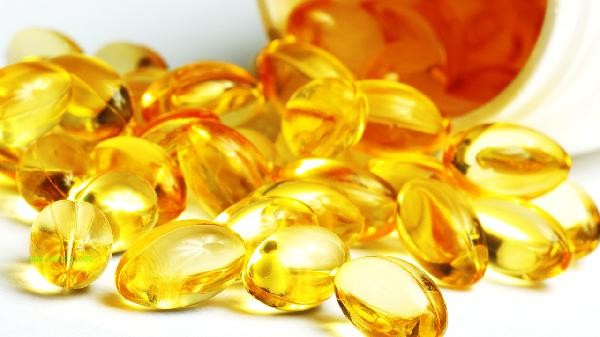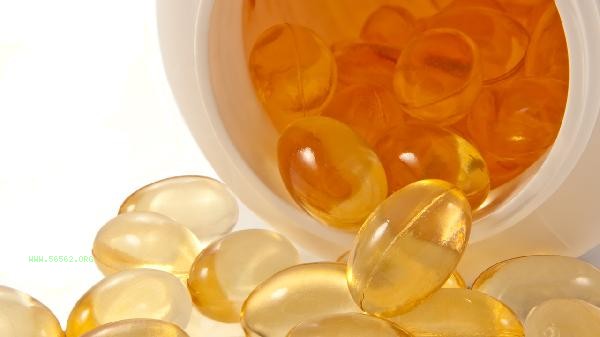Moderate consumption of DHA fish oil by children can help with brain and visual development, but it is important to choose products that are suitable for their age and avoid excessive consumption. DHA fish oil mainly contains docosahexaenoic acid, which has a positive effect on the development of children's nervous system. However, it needs to be comprehensively considered in combination with factors such as balanced diet, individual absorption differences, product safety, and doctor's advice. If children lack intake of deep-sea fish in their daily diet, supplementing with DHA and fish oil appropriately can help fill the nutritional gap. DHA is an important component of the retina and brain nerve cell membrane, which can help improve cognitive function in school-age children. When choosing, it is important to identify children's specific formulas produced by reputable manufacturers to avoid potentially high levels of vitamin A in adult fish oil. At the same time, it is necessary to observe whether children experience gastrointestinal discomfort or allergic reactions after taking it.

Some children with special constitutions may be sensitive to fish oil components, develop rashes or digestive problems. Premature infants or children with metabolic disorders should adjust the dosage under the guidance of a doctor to avoid affecting coagulation function or antagonizing other nutrients. Some fish oils on the market may have a risk of heavy metal residue, and third-party testing reports should be consulted when purchasing.

It is suggested that parents should give priority to obtaining DHA from salmon, sardine and other foods. If fish oil needs to be supplemented, products suitable for infants and young children should be selected, and the daily intake of DHA should not exceed 100-200 mg. DHA supplementation cannot replace a balanced diet. It should be combined with food rich in linolenic acid to promote transformation. Regularly monitor children's growth and development indicators, stop using fish oil in a timely manner if any abnormal reactions occur, and consult with pediatrics to store fish oil in a cool and dark place to avoid oxidation and deterioration.









Comments (0)
Leave a Comment
No comments yet
Be the first to share your thoughts!